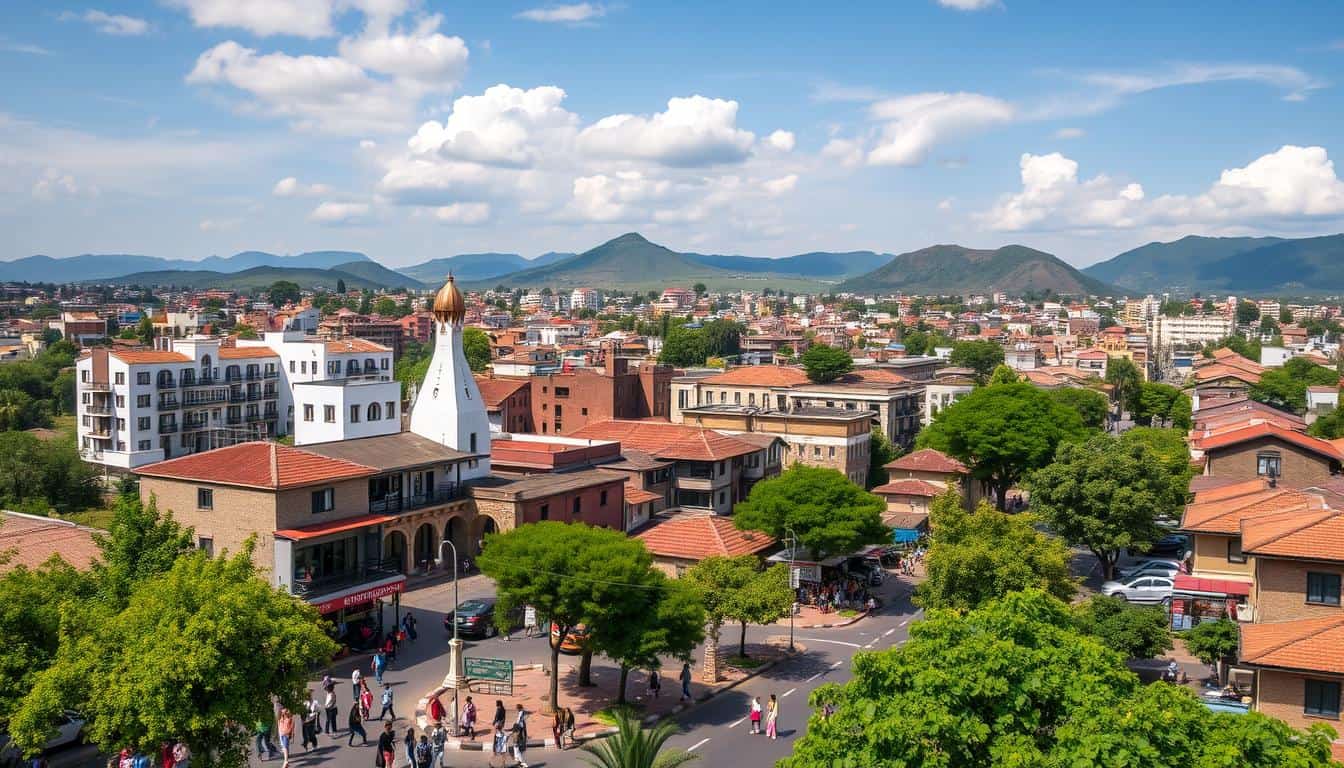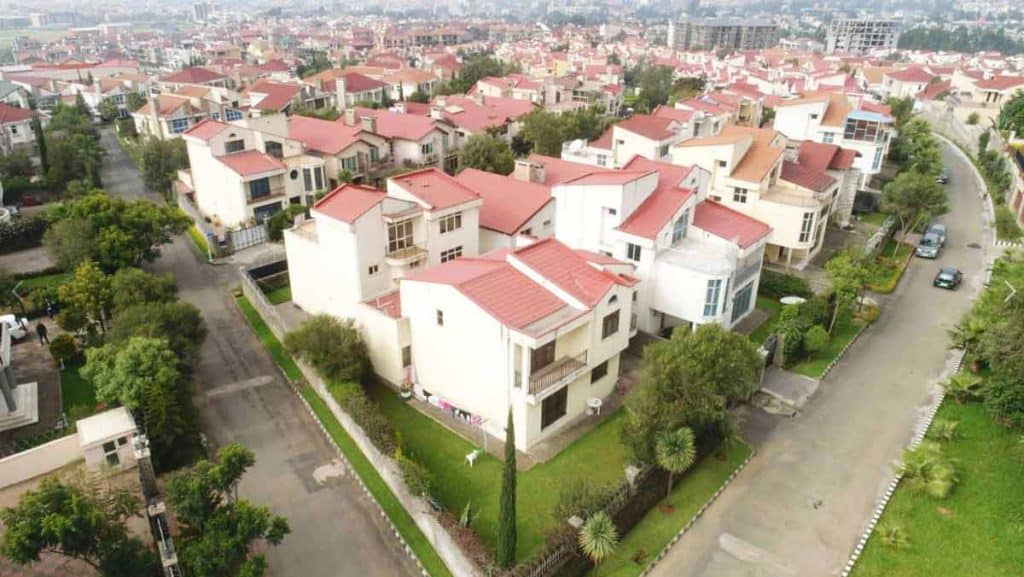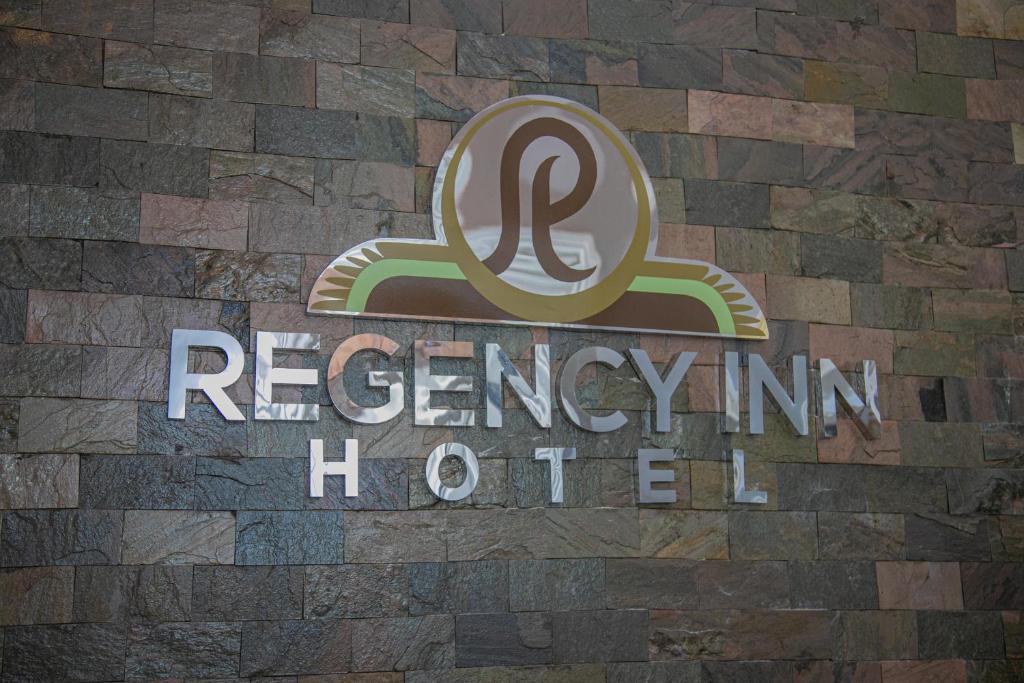Ethiopia, located in the Horn of Africa, is rich in history, culture, and diverse geography. It is one of the oldest nations in the world, with human civilization roots that trace back thousands of years; it’s often called the “Cradle of Humankind.” The ancient kingdom of Aksum (Axum), located in modern-day northern Ethiopia, was a significant center of trade and Christianity as early as the 4th century. Ethiopia was also the only African nation, besides Liberia, to avoid European colonial rule, successfully defending itself against Italian invasion attempts in the 19th and 20th centuries.
Ethiopia is a highly diverse country with over 80 ethnic groups with distinct languages, traditions, and customs. The largest groups are the Oromo, Amhara, Tigray, and Somali. Amharic is the official language, but many other languages are widely spoken, reflecting Ethiopia’s cultural richness.
The country’s geography is defined by vast mountains, highlands, and the Great Rift Valley, which splits the country from northeast to southwest. This diverse terrain has varied climates, from arid deserts to lush highlands. The Blue Nile River, one of its two primary tributaries, originates in Ethiopia, adding to its geopolitical significance.
In recent years, Ethiopia has seen rapid economic growth, mainly in agriculture and manufacturing, though it faces challenges like political tension, ethnic conflicts, and food insecurity.
Can foreigners buy property in Ethiopia?
Foreigners face significant restrictions on property ownership in Ethiopia. Ethiopian law generally prohibits foreign nationals from owning land directly, as all land in Ethiopia is publicly owned and cannot be sold. However, there are some ways through which foreign individuals or entities can engage in property-related activities:
1. Land Lease System
- Leasing Land: Instead of purchasing land outright, foreigners can lease land from the Ethiopian government for extended periods. Lease terms can range from 15 to 99 years, depending on the land’s intended use, location, and other factors. This leasing arrangement is common for both residential and commercial property development.
- Leasehold Rights: Foreigners can request leasehold rights to use the land for purposes like building residential housing, commercial properties, or industrial facilities. Leasehold rights are transferrable, allowing foreign investors to transfer or sublease the land under certain conditions approved by the government.
- Cost and Renewal: Lease rates vary by location and purpose, and fees are usually paid upfront or annually. It may be possible to renew the lease at the end of the lease period, though this is subject to government approval.

2. Building Ownership
- While foreigners cannot own the land directly, they can own buildings or structures on leased land. This means that foreigners can invest in constructing properties for residential or commercial use and have full ownership of these buildings.
- Foreign investors often partner with Ethiopian citizens or entities to establish developments, allowing them to participate in property projects flexibly.
3. Investing through Ethiopian Companies
- Foreigners can also indirectly invest in property by creating a company in Ethiopia. Foreign-owned or joint-venture companies registered in Ethiopia can acquire land leases and property for business operations. The company technically holds the land lease in these cases, allowing foreign investors to operate within Ethiopian property law.
- There are restrictions on the types of businesses foreigners can operate in Ethiopia. For example, foreigners are restricted from certain small-scale industries and some sectors deemed critical to Ethiopian nationals, including real estate brokerage and small-scale agriculture.
- Residential Property for Foreign Nationals
- Individual foreign nationals can face additional restrictions on owning residential properties for personal use. However, some allowances exist for foreigners employed in Ethiopia, such as diplomatic staff, aid workers, or those with special permits. Often, foreigners living in Ethiopia choose to rent instead, as rental options are more accessible and typically less restricted than ownership.
4. Restrictions on Rural and Agricultural Land
- Foreigners are particularly restricted when it comes to rural and agricultural land. Ethiopian law aims to protect rural land and limit foreign acquisition to prioritize agricultural land for Ethiopian citizens and reduce the risk of displacement in rural areas.
- Foreign investors interested in agricultural projects must partner with the government or Ethiopian companies and are typically granted long-term leases for specific agribusiness projects rather than land ownership rights.

5. Potential Future Reforms
- Ethiopia’s property laws and investment regulations are periodically reviewed, and the government has ongoing discussions about reforming property laws to attract foreign investment while protecting national interests. Future reforms could allow for more flexibility for foreign ownership or longer lease terms, mainly in urban areas targeted for economic development.
6. Recent Developments and Challenges
- Ethiopia has experienced political and economic challenges, including ethnic conflicts and regional instability, which can affect the security and profitability of property investments. Foreign investors must know these dynamics and may require legal and consultancy services to navigate the Ethiopian regulatory landscape.
- The Ethiopian government actively promotes foreign direct investment in infrastructure, industrial parks, and other sectors. These investments are encouraged primarily through leasing and joint ventures rather than outright property ownership.
Summary
In Ethiopia, foreigners cannot buy land outright but can participate in long-term leases with the government for residential and commercial property use. Foreign nationals can own buildings and other structures on leased land and can participate in property development through Ethiopian-registered companies or partnerships with Ethiopian citizens. However, rural and agricultural land restrictions remain stringent, reflecting the government’s priority on safeguarding rural land for Ethiopian nationals.
Frequently Asked Questions
Which language is spoken in Ethiopia?
In Ethiopia, Amharic is the official national language and is widely spoken nationwide. Other major languages include Oromo, Tigrinya, Somali, and Afar. English is also primarily used in education and business. Due to its ethnic diversity, the country has over 80 languages spoken.
This linguistic diversity reflects Ethiopia’s multi-ethnic society, with languages belonging to several major language families: Afro-Asiatic (Cushitic and Semitic branches), Nilo-Saharan, and Omotic. The Ethiopian government promotes multilingualism, and regional states often designate their official languages for regional administration and education.
How is the weather in Ethiopia?
Ethiopia’s weather varies greatly across regions due to its diverse geography. In the highland areas, such as Addis Ababa, the climate is generally cool and mild, with temperatures varying from 10 to 20 degrees Celsius (50 to 68 degrees Fahrenheit). The highlands experience a rainy season from June to September, with a shorter rainy period around March.
In contrast, the lowland areas, including the Danakil Depression, are much hotter and arid, with temperatures often exceeding 30 degrees Celsius (86 degrees Fahrenheit), especially in the eastern and northeastern desert regions. Southern and southwestern Ethiopia has a warm, tropical climate with significant rainfall, particularly from April to October.
Ethiopia has a tropical monsoon climate, with most rainfall concentrated in specific seasons, influenced by altitude and geographical location.
Can you get citizenship in Ethiopia by buying a property?
No, buying property in Ethiopia does not grant citizenship. Ethiopian citizenship is not tied to property ownership, and foreign nationals cannot obtain citizenship through real estate investments.
To acquire Ethiopian citizenship, a foreigner must generally follow the naturalization process, which includes fulfilling residency requirements, demonstrating knowledge of the Amharic language, and meeting other legal criteria set by Ethiopian immigration laws. Ethiopia has no citizenship-by-investment program, and property ownership alone does not qualify someone for citizenship or permanent residency.
Is real estate expensive in Ethiopia?
Real estate in Ethiopia, particularly in urban centers like Addis Ababa, can be relatively expensive, especially in high-demand areas. Prices have recently increased due to rapid urbanization, population growth, and a limited supply of developed properties. High-end neighborhoods and central business districts, such as Bole or Old Airport in Addis Ababa, often have higher property prices than in some international markets.
However, real estate costs in smaller cities and rural areas are generally much lower. Moreover, construction costs for new developments can be high due to the price of imported building materials and limited infrastructure in certain areas, contributing to overall property costs in urban areas.












